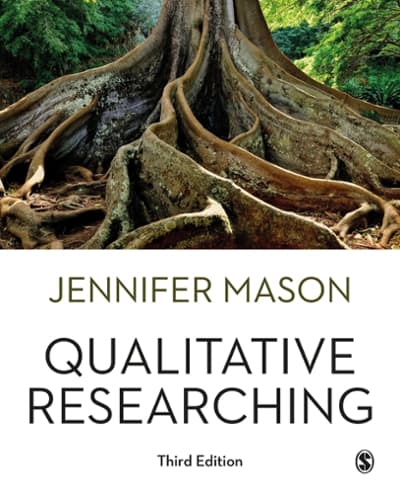Question
Before beginning work on this discussion, please review the following websites, and read the following required articles: Ethical Decision Making https://serc.carleton.edu/geoethics/Decision-Making The Difference Between Deductive
Before beginning work on this discussion, please review the following websites, and read the following required articles:
- Ethical Decision Making https://serc.carleton.edu/geoethics/Decision-Making
- The Difference Between Deductive and Inductive Reasoning https://danielmiessler.com/p/the-difference-between-deductive-and-inductive-reasoning/
- ASCA ethical standards for school counselors https://www.schoolcounselor.org/getmedia/44f30280-ffe8-4b41-9ad8-f15909c3d164/EthicalStandards.pdf
- To Tell or Not to Tell: The Fine Line Between Minors' Privacy and Others' Right to Know https://www.counseling.org/docs/default-source/ethics/ethics-columns/ethics_october-2017_minor-privacy.pdf?sfvrsn=a25522c_6
____________________________________________________________________________________________________________________________________________
Assignment:
Play the expert in the following scenario and apply ethical decision-making to your rationale and actions. Be mindful of section F in theASCA ethical standards for school counselors (p. 8):
You are a school counselor at a rural high school. You have been counseling a student, and he confided in you that one of his friends has recently engaged in sexual relations with one of the teacher's daughters. (She is a friend of yours.) He does not divulge the name of the other student and refuses to talk any further about the issue.
Address the following:
- What ethical considerations must be considered in this situation?
- How does confidentiality affect your considerations and actions?
- What options might you have to address the situation?
- Ethically, since this is hearsay, are you legally obligated to address it?
- Using appropriate citations and references, explain how the empirical research, theoretical models, and ethical standards presented in the assigned resources suggest the importance of applying ethical decision-making strategies to scenarios such as these.
When faced with an ethical dilemma, school counselors and school counseling program directors/supervisors use an ethical decision-making model such as Solutions to Ethical Problems in Schools (STEPS) (Stone, 2001):
- Define the problem emotionally and intellectually
- Apply the ASCA Ethical Standards for School Counselors and the law
- Consider the students' chronological and developmental levels
- Consider the setting, parental rights and minors' rights
- Apply the ethical principles of beneficence, autonomy, nonmaleficence, loyalty and justice
- Determine potential courses of action and their consequences
- Evaluate the selected action
- Consult
- Implement the course of action
Step by Step Solution
There are 3 Steps involved in it
Step: 1

Get Instant Access to Expert-Tailored Solutions
See step-by-step solutions with expert insights and AI powered tools for academic success
Step: 2

Step: 3

Ace Your Homework with AI
Get the answers you need in no time with our AI-driven, step-by-step assistance
Get Started


